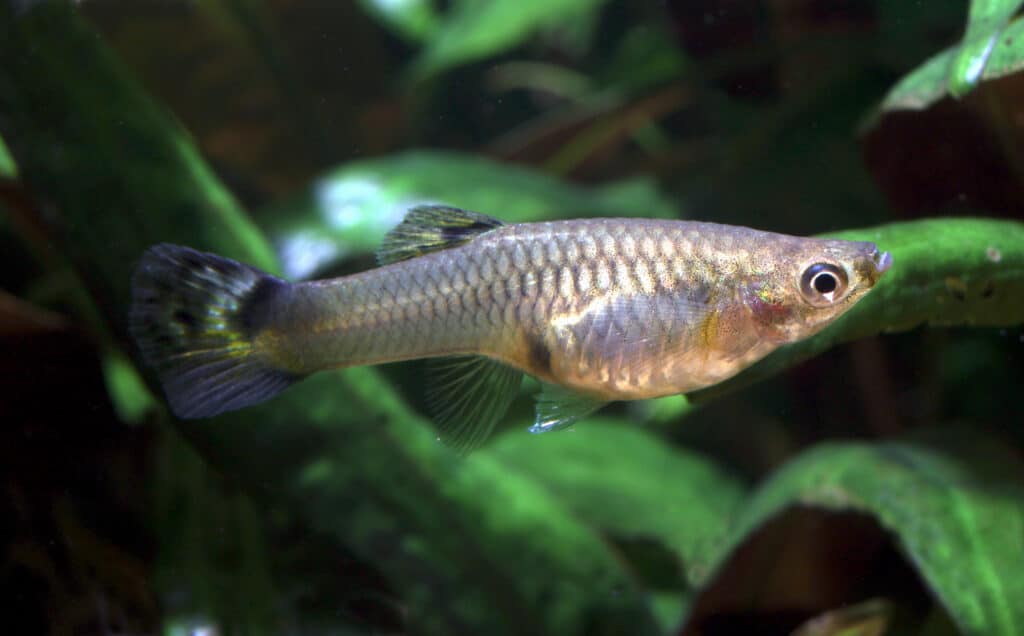Guppy Wasserhärte
Guppy fish are some of the most popular freshwater aquarium fish on the planet, but many fishkeepers struggle with the right water parameters to keep their fish healthy and thriving. One of the most important factors to consider when keeping guppies is the water hardness, or "wasserhärte" in German. In this article, we'll explore the ins and outs of guppy wasserhärte and how it can impact the health and well-being of your fish.
The Pain Points of Guppy Wasserhärte
As mentioned, water hardness is a critical factor in keeping guppies healthy. If the water is too hard or too soft, it can lead to a range of health issues for your fish. For example, guppies are sensitive to fluctuations in water hardness, which can lead to stress and weakened immune systems. In turn, this can cause a range of other health problems like bacterial infections, fin rot, and more.
The Target of Guppy Wasserhärte
To answer the question of what wasserhärte is and why it matters for guppy fish, wasserhärte refers to the overall mineral content of the water. Specifically, it measures the amount of calcium and magnesium ions present in the water. These minerals are important for the health and survival of fish, but too much or too little can cause problems.
Main Points of Guppy Wasserhärte
In summary, guppies require a specific level of water hardness to thrive, which varies depending on the specific strain of guppy you have and where they originate from. Always research the specific water parameters that your guppies require and adjust your water hardness levels accordingly. Regular testing of your aquarium water can help you ensure that your guppies are living in healthy and safe conditions.
Personal Experience and Explanation of Guppy Wasserhärte
Personally, I've had a lot of success with maintaining guppy water hardness levels by investing in a good quality water testing kit. This has allowed me to track the calcium and magnesium levels in my aquarium, and make adjustments as needed to ensure that my guppies are living in the optimal conditions. I also make sure to do regular water changes and add mineral supplements as needed to keep everything in balance.
When it comes to guppy wasserhärte specifically, it's important to note that different strains of guppies will have different requirements. For example, wild-type guppies from the Amazon require soft water, while other strains may require slightly harder or more alkaline water.
How to Control Guppy Wasserhärte
The best way to keep water hardness in check is to test your water regularly and make small adjustments as needed. One option is to use a water softener to remove excess minerals, or to add supplements to raise the hardness level. Note that it's important not to make huge changes too quickly, as this can cause stress for your fish and potentially lead to health issues.
Benefits of Optimal Guppy Wasserhärte
In addition to keeping your guppies healthy, maintaining optimal water hardness levels can have other benefits as well. For example, it can promote healthy plant growth in your aquarium and can lead to clearer, cleaner water overall.
How to Measure Guppy Wasserhärte
Measuring water hardness in your aquarium is fairly simple - just use a water testing kit to check the levels of calcium and magnesium ions in the water. From there, you can adjust as needed to ensure that your guppies are living in the optimal conditions.
Conclusion of Guppy Wasserhärte
Overall, maintaining the right water hardness levels is critical for the health and well-being of guppy fish. By testing your water regularly and making small adjustments as needed, you can ensure that your fish are living in a safe, healthy environment that promotes growth, vitality, and longevity.
Question and Answer
Q: What's the ideal water hardness level for guppy fish?
A: The ideal hardness level will depend on the specific strain of guppy you have. For example, wild-type guppies from the Amazon prefer soft water, while other strains may require slightly harder or more alkaline water.
Q: What happens if the water hardness is too low?
A: If the water hardness is too low, your guppies may become stressed and their immune systems may be weakened. This can lead to a range of health issues like bacterial infections and fin rot.
Q: What happens if the water hardness is too high?
A: If the water hardness is too high, it can lead to mineral buildup in your aquarium and can also cause stress for your fish.
Q: How often should I test my aquarium water for hardness?
A: It's a good idea to test your water at least once a week to ensure that levels are stable and healthy for your fish.
Gallery
Guppy Care — Aquarium Fish Magazine | Fish Laboratory

Photo Credit by: bing.com / guppy freshwater
Guppy-Nachwuchs Verhindern - Aquarium-Fische-Pflanzen.de

Photo Credit by: bing.com / guppy poecilia reticulata pesci femmine maschi sfuggire nuotano meglio nachwuchs surtido hembra verhindern vrouwelijke volleerde blijken fische deabyday bekend beter
Breeding Guppies
Photo Credit by: bing.com / guppy guppies male breeding fancy tail fish colourful tank community
Guppy - Wikipedia

Photo Credit by: bing.com / guppy wikipedia wiki
Guppy

Photo Credit by: bing.com / guppy wild true life